Installers
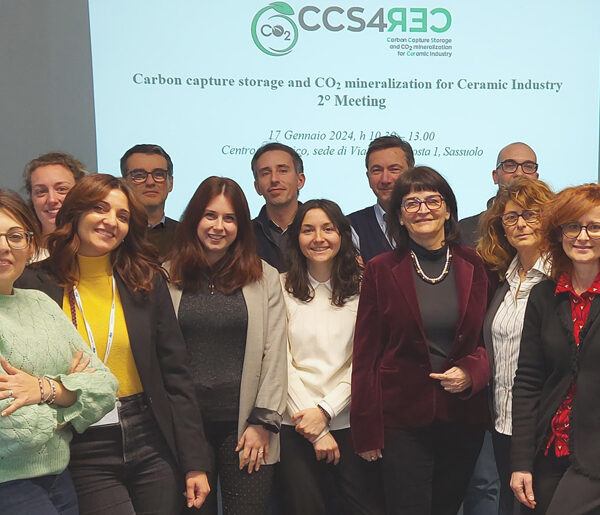
Converting waste into a resource using CO2
A research project, coordinated by the Ceramic Center, studying the possibility of using the CO2 generated in the ceramic tile production process to mineralize certain wastes, thus obtaining secondary raw materials for the building sector, with a view to the circular economy
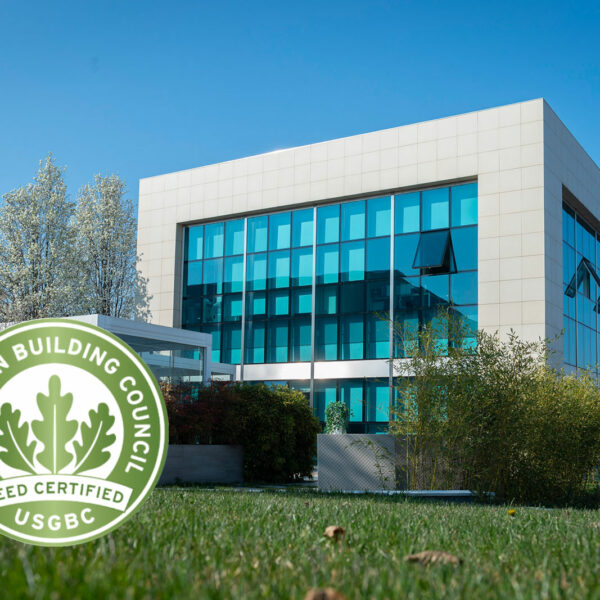
LEED certification: what it is and how it is applied
The use of Italian ceramic tiles helps to achieve the main environmental sustainability certifications
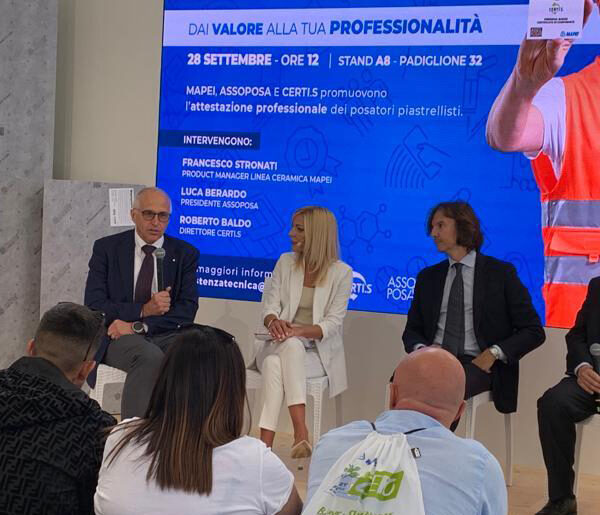
Tile layer’s licence
Assoposa, Mapei and Certi.s are promoting the figure of the certified professional tile layer. Continuous education, greater professionalism and higher market value are just a few of the benefits of certification

Italian clay products: a material that is friendly to humans and the environment
The construction industry is devoting increasing attention to human health and the environment. Today, the performance of construction products must take into account not only supply, installation and maintenance issues but also the impact of products on the natural environment and the healthiness of the building.
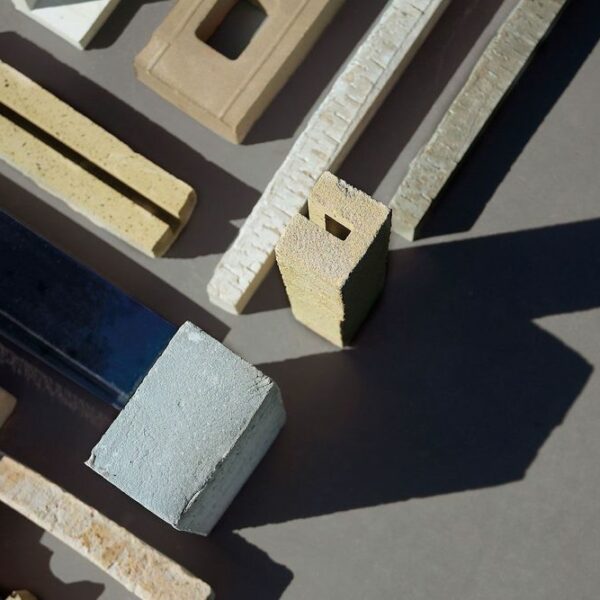
Creating healthy environments with Italian heavy clay products
In recent years, the European Commission has issued a series of directives aimed at reducing the environmental impact of buildings. nZEBs (Nearly Zero Energy Buildings) are buildings with almost zero energy consumption based on construction models typical of northern Europe.
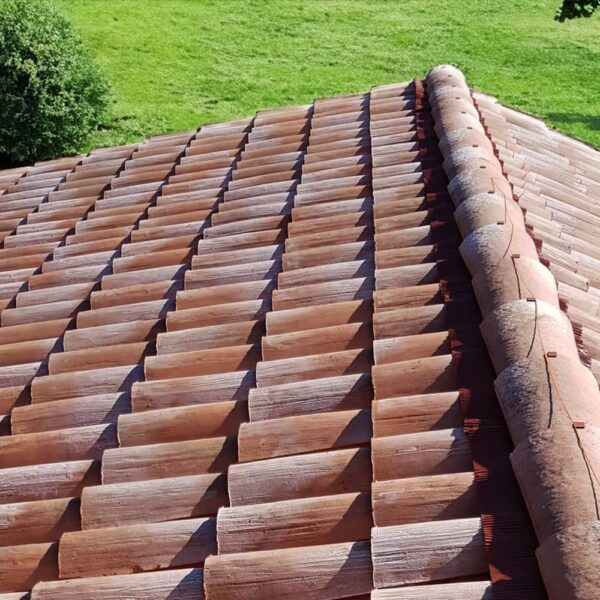
Building culture and sustainability in the Mediterranean region
The Mediterranean region has a unique architectural heritage. To address the challenges posed by climate change and construct increasingly sustainable buildings, we need to revisit traditional methods. Solid brick masonry and well-ventilated interiors guarantee optimal comfort in all seasons while minimising environmental impact. In-depth knowledge of Mediterranean climatic conditions has made it possible to develop even more effective solutions that optimise resources and improve living standards by blending time-honoured traditions with innovative technologies.
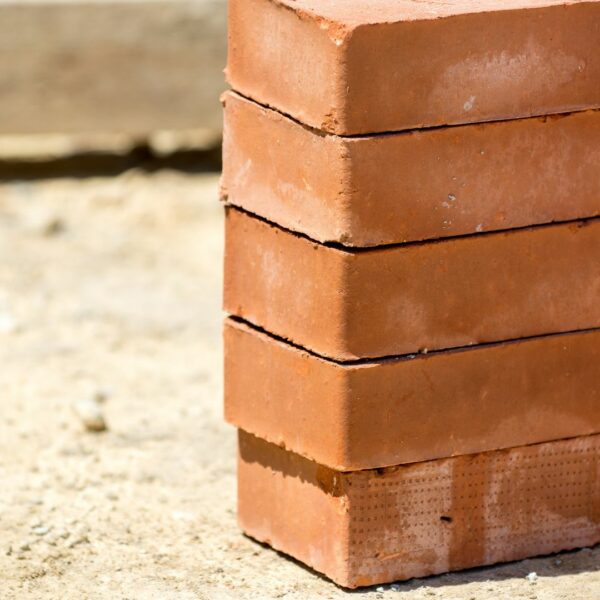
The sustainable life cycle of Italian structural clay products
A natural material Structural clay products are sustainable materials that contain clay, a material of natural origin which is extracted using methods that are friendly to the environment and the...
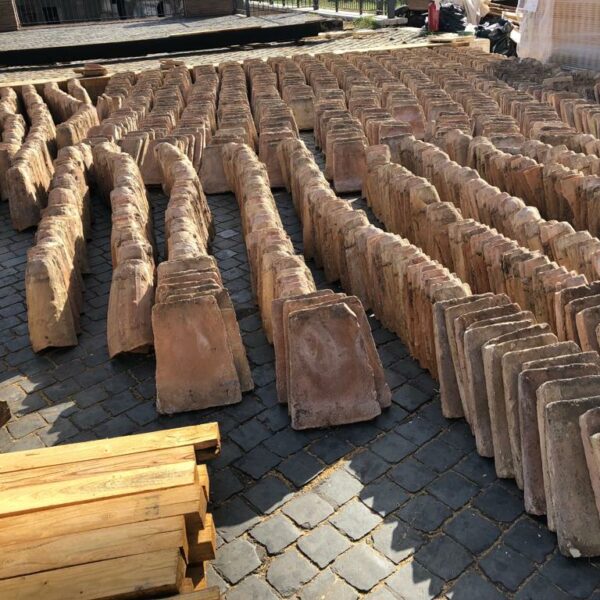
Recycling Italian clay roof tiles
In keeping with the growing awareness of environmental issues such as energy and raw materials savings and emissions reductions, in 2018 Italy appointed EPD Italy as its national Program Operator responsible for issuing environmental product declarations.
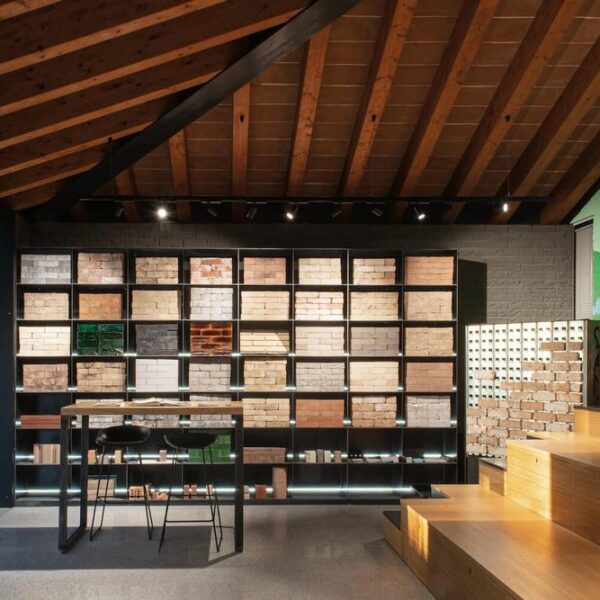
Italian clay roof tiles: for innovative and sustainable roofs
By 2050, more than 80% of the EU’s population will live in cities. Within the same timeframe, the International Energy Agency (IEA) has estimated that demand for indoor air conditioning will triple.
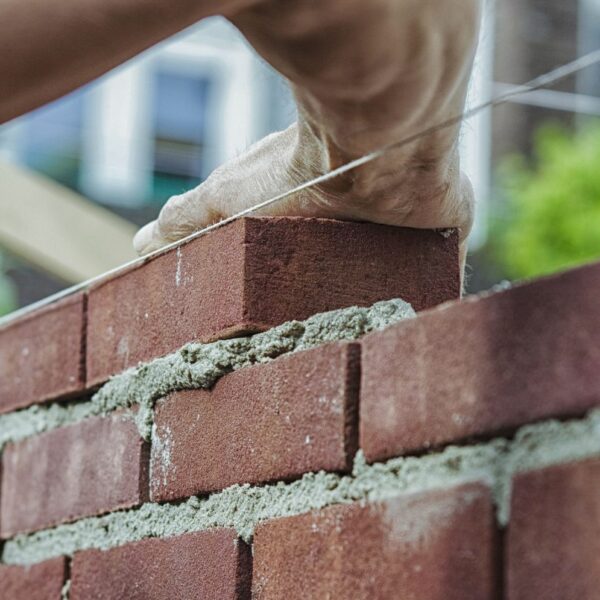
High energy performance buildings with Italian heavy clay products
The revised Energy Performance of Buildings Directive (EPBD) proposed by the European Commission emphasises the significant contribution of clay building products to more sustainable construction. Thanks to their characteristics, materials such as clay bricks and roof tiles reduce consumption and ensure high energy performance throughout the life cycle of buildings. They are also highly durable and can be easily recycled.








